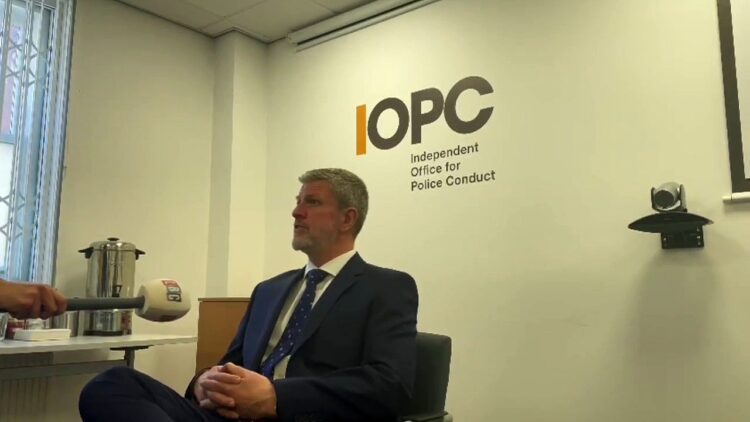This development comes on the back of a comprehensive government review into the effectiveness of the IOPC, undertaken alongside a parallel examination by the Home Office into the broader police accountability framework.
The culmination of these investigations reveals a consensus for sweeping changes to address systemic shortcomings.
The IOPC which is independent of the police has presided over too many investigations relating to the police and have continued to witness too many serious failings involving both misconduct and criminal hearings.
A pivotal aspect of the proposed overhaul involves restructuring the governance framework of the IOPC, with plans underway to appoint a new Director General.
This move follows mounting concerns within policing circles regarding dwindling confidence among officers in exercising their powers, particularly in situations necessitating the use of force.
One of the key revisions on the horizon involves amending the criteria for referring police officers for criminal prosecution. Under the proposed adjustment, only cases demonstrating a reasonable prospect of conviction would warrant referral, aligning with existing standards applied to members of the public accused of criminal offenses.
In a forthcoming White Paper, slated for release in the coming months, additional reforms aimed at enhancing the efficiency of the accountability system will be outlined.
Among the initiatives under consideration are the implementation of time limits for IOPC investigations and a re-evaluation of the tests and thresholds governing police misconduct procedures.
In response to these developments, the IOPC Unitary Board emphasized the imperative of fostering a complaints and misconduct framework that garners trust from both the public and the police, emphasizing the centrality of independence in its operations.
However, they stressed that the onus for effecting meaningful change extends beyond the purview of any single organization, urging proactive engagement from police leadership to rebuild public trust.
The impetus for this comprehensive review was catalyzed by a recognition of the pressing need to restore clarity and confidence in the accountability mechanisms governing law enforcement. The government’s proposed measures, including legislative amendments and a forthcoming White Paper, signal a concerted effort to address systemic deficiencies and bolster public trust in policing.
Dr. Gillian Fairfield, tasked with leading an independent review of the IOPC, highlighted the escalating demand on the organization amidst significant financial constraints. The report issued a litany of recommendations, including substantial governance reforms and measures to enhance operational efficiency.
In a bid to navigate these challenges, Rachel Watson has been appointed as the incoming Director General of the IOPC. With a wealth of experience in policing matters, her appointment is poised to provide a steady hand during this period of heightened scrutiny and reform.
-
Share On
- Categories
- Date

